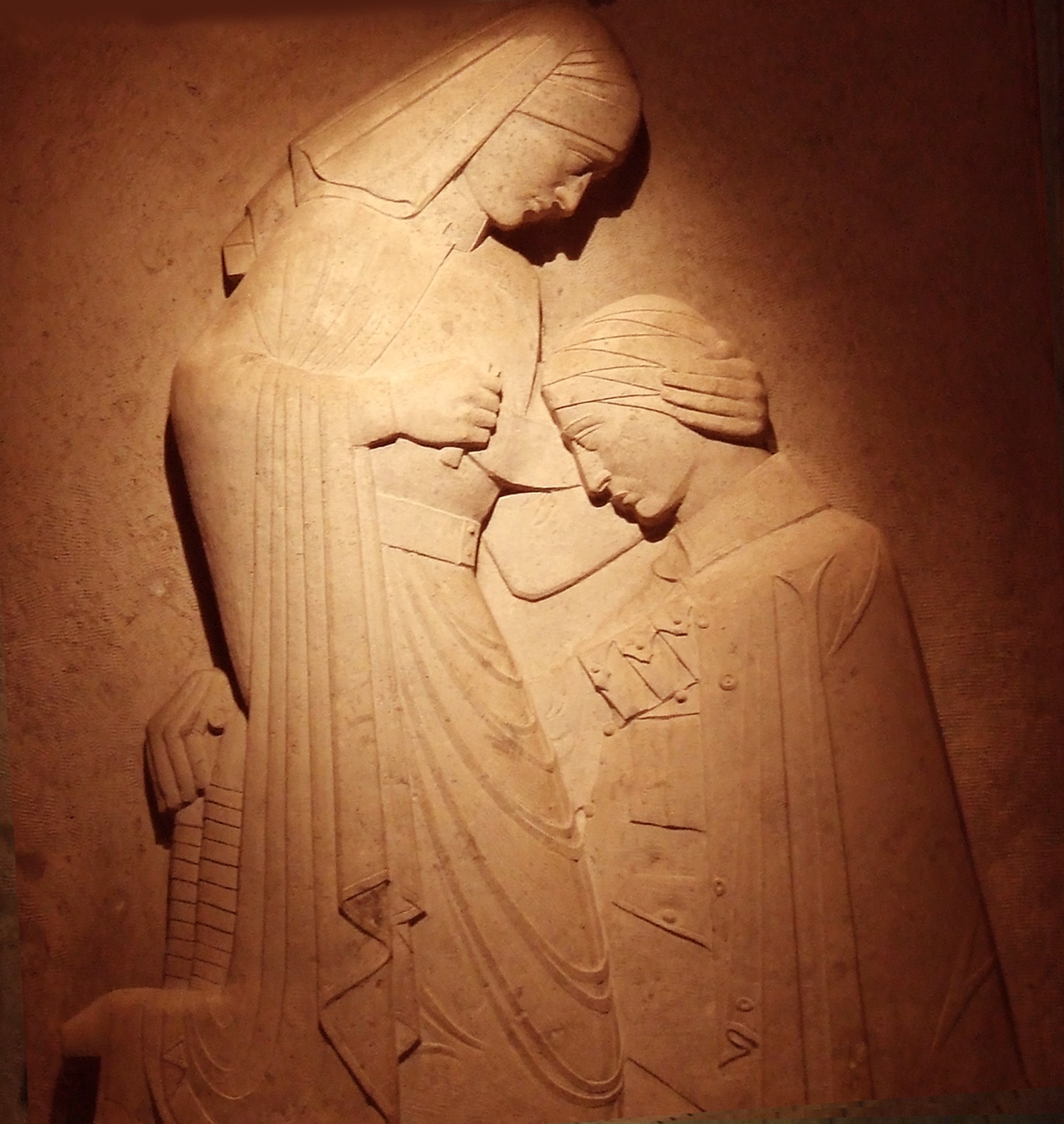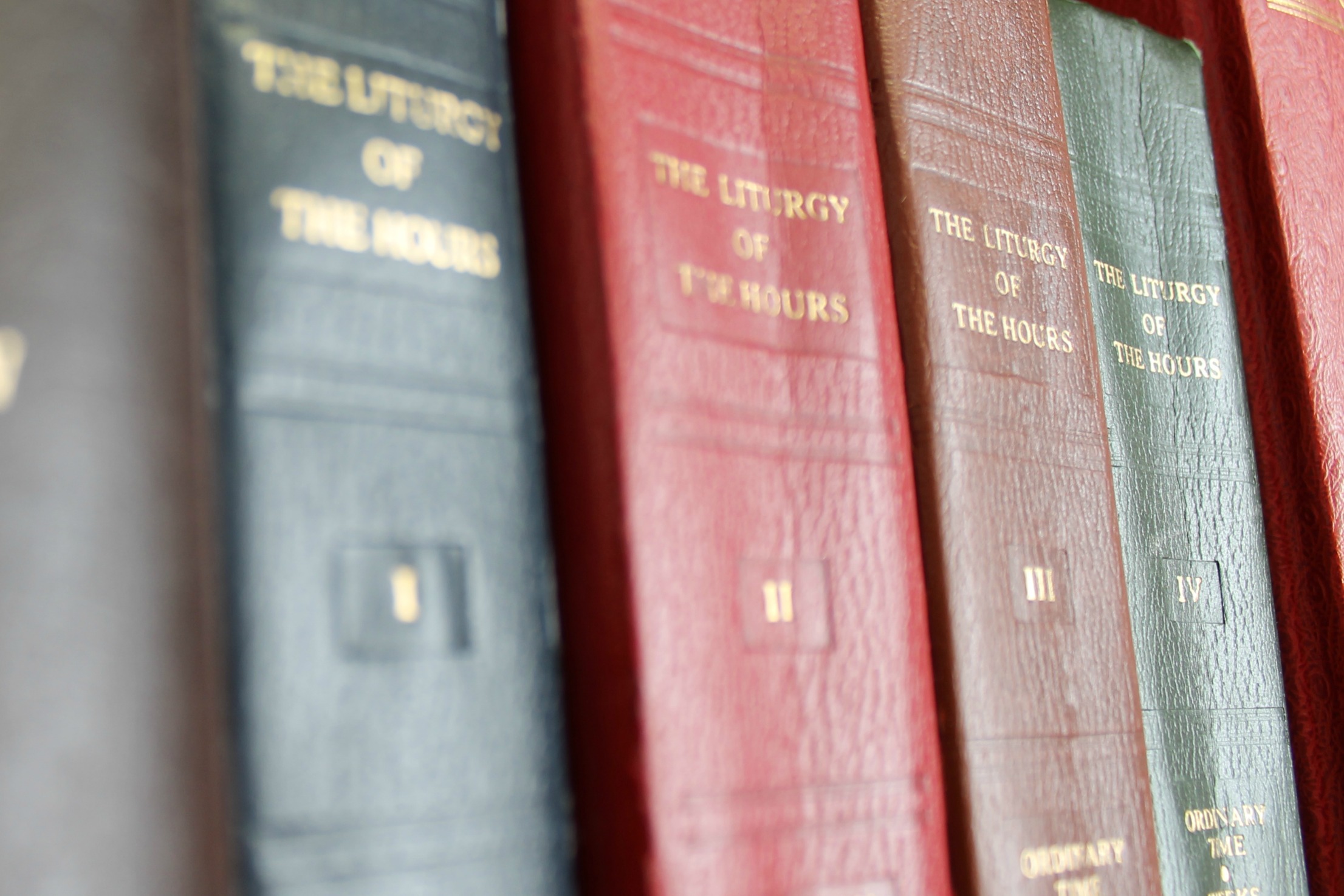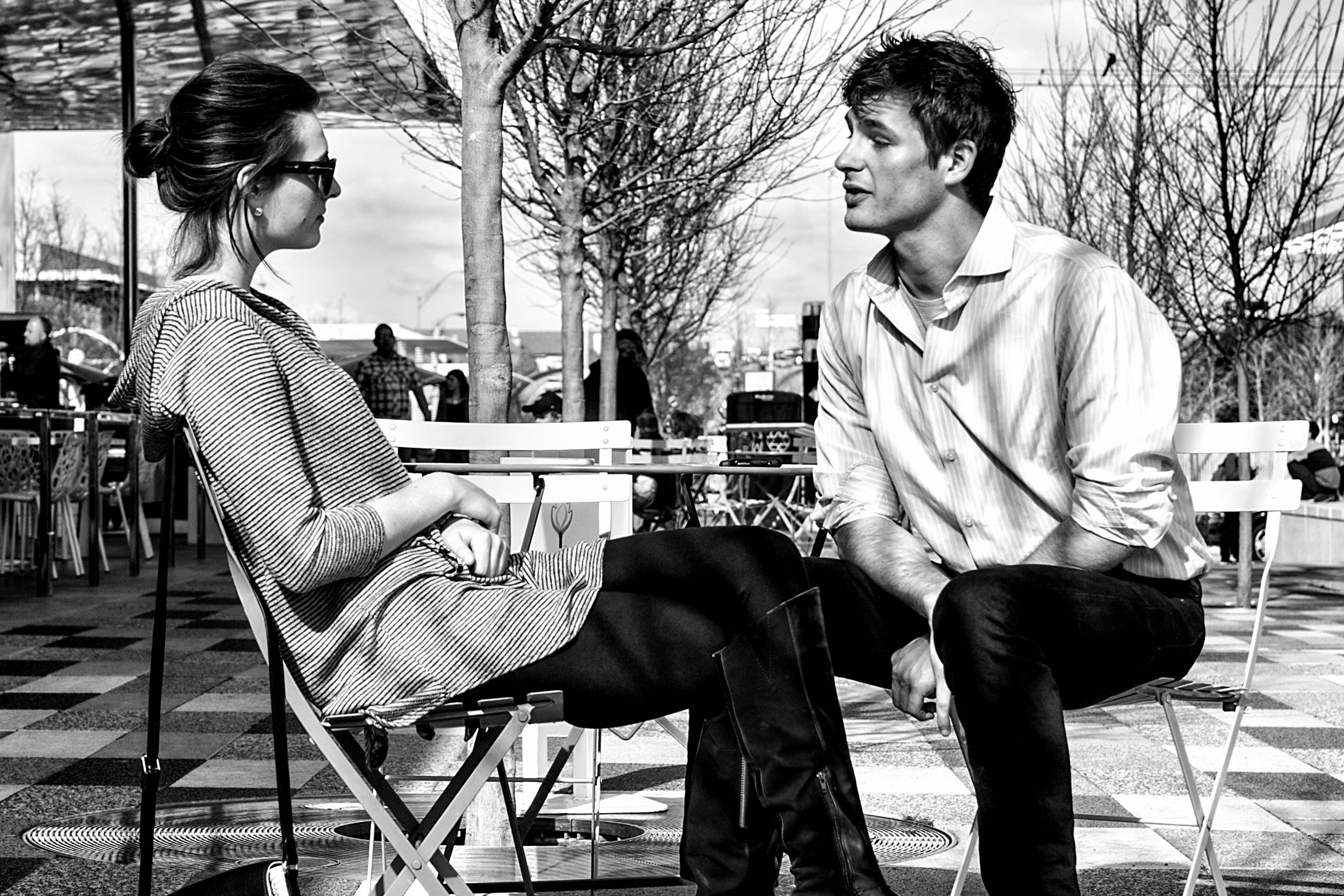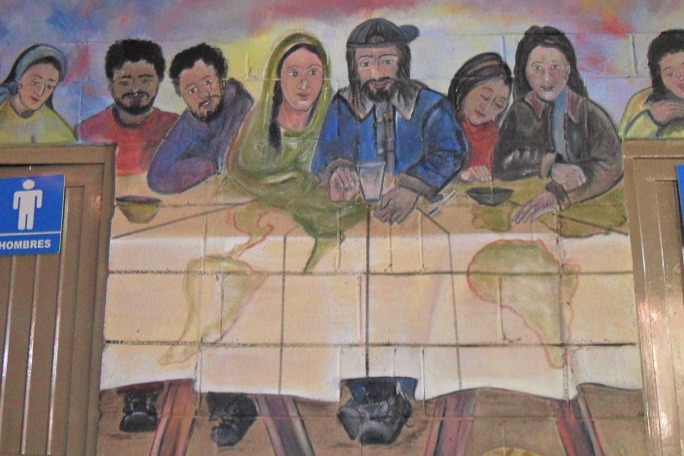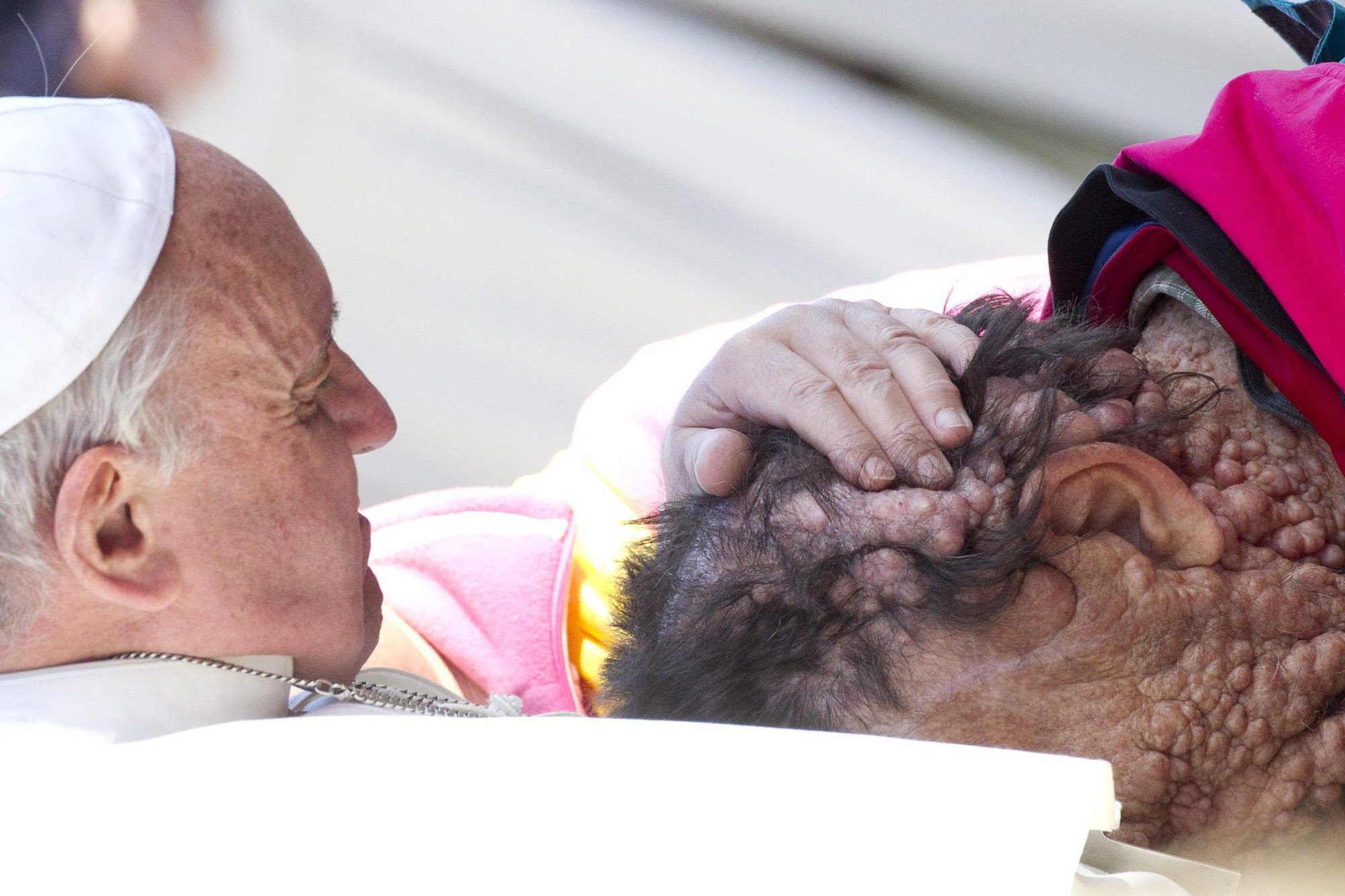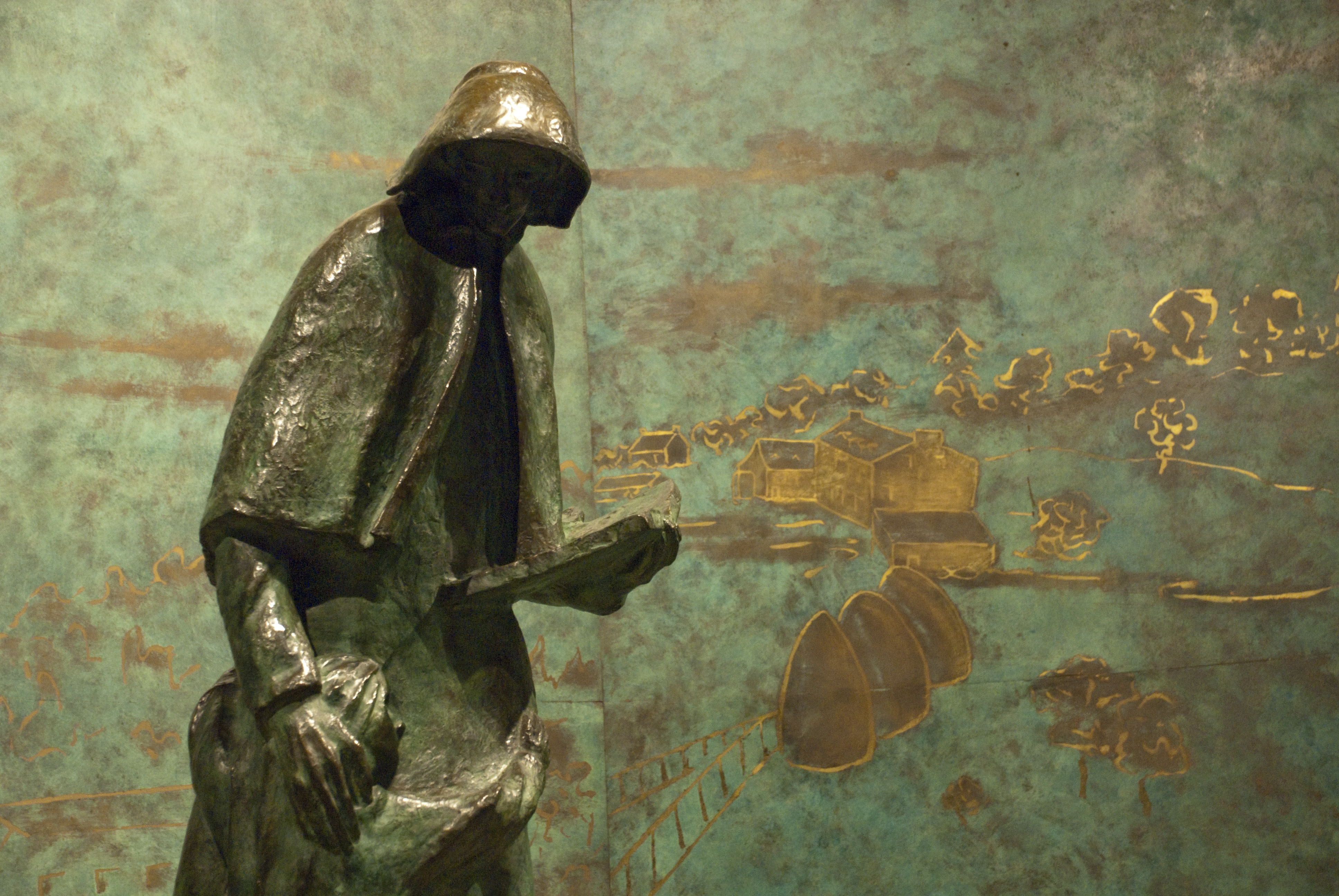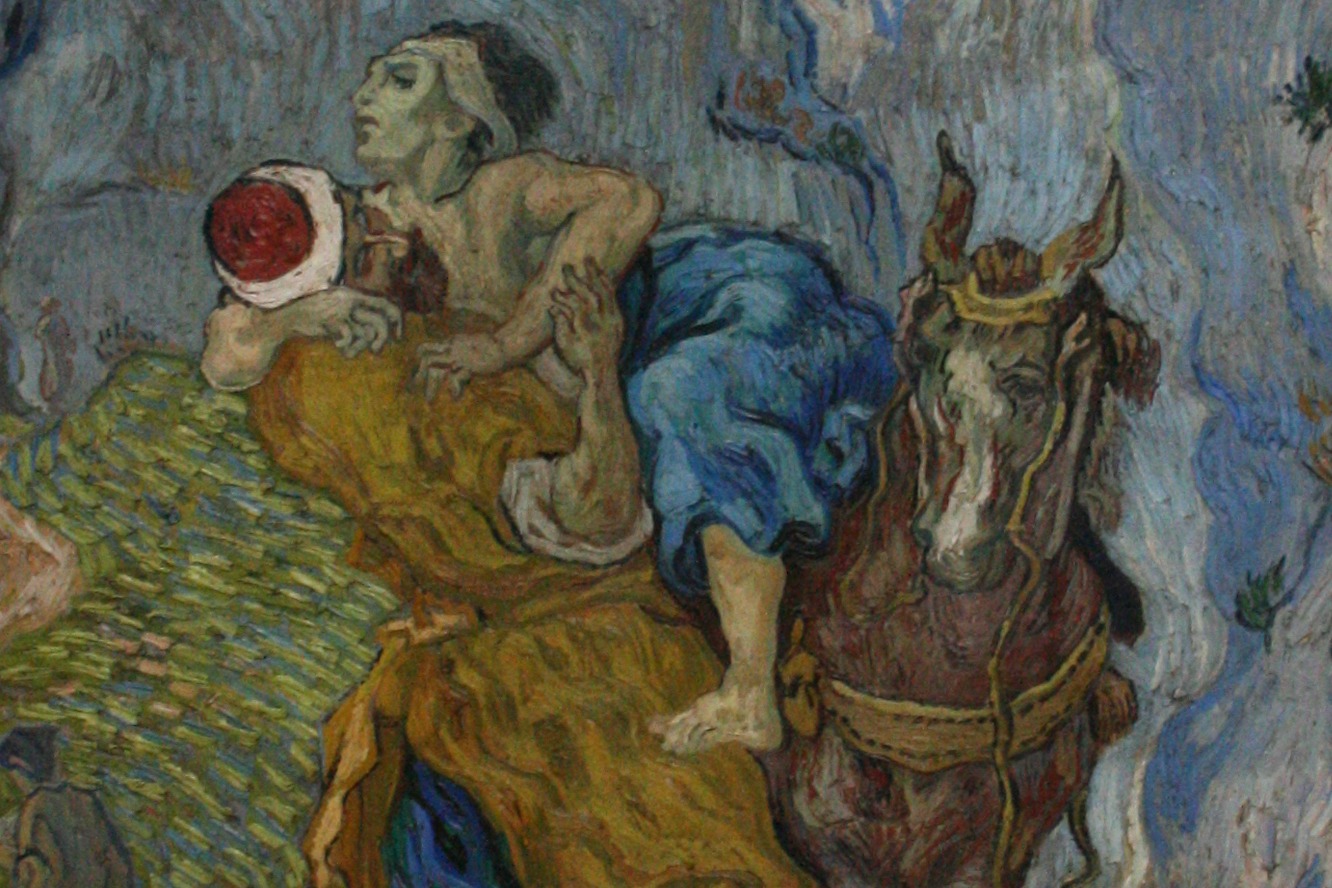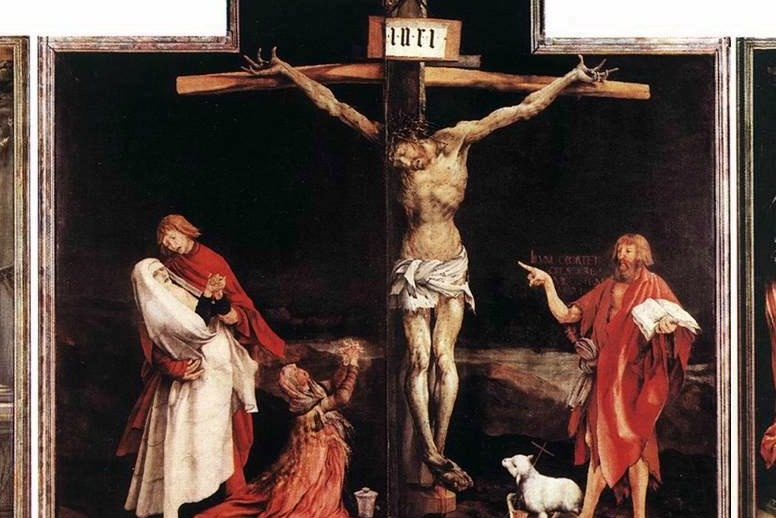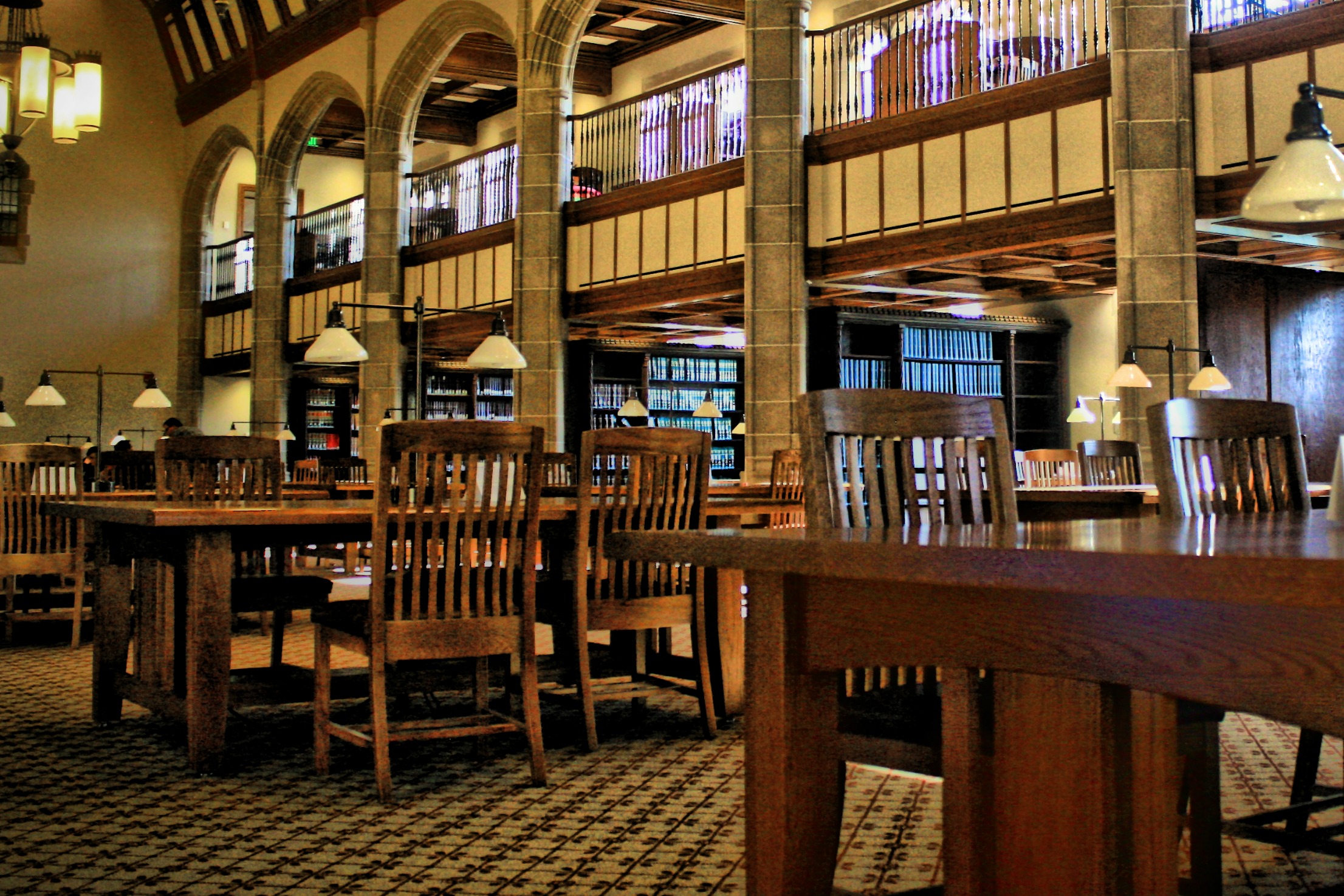Where are the men? How do we get more men involved and engaged in our ministries? I hear these questions time and time again from people across the country in my travels as an educator, minister, and scholar. I hear them from every population: priests, nuns, brothers, pastors, lay ministers, catechists, parishioners, teachers, and coaches. I hear them in every context: parishes, churches, colleges...
All posts filed under: ESSAYS
Family, Careers, and Sexuality: Spiritual Trends in College Men of Faith
Essays / Culture / college / sexuality / danielazepp / family / masculinity / men / pornography
In 2005 David Foster Wallace gave the commencement address at Kenyon College. The speech, which has acquired the title “This is Water,” still makes the rounds on the Internet regularly.[1] When I first heard it, blaring from my computer while I was giving my daughters a bath, I was struck by how compelling it is, and how close Wallace comes to telling the graduating class of 2005 that to flourish ...
Essays / Culture / mediannvolpe / tenderness / David Foster Wallace / idolatry / Pope Francis / This is Water / worship
Preaching at the Liturgy of the Hours
How might we preach at the Liturgy of the Hours? On the one hand, what is unique about preaching in this context? Is there something about this setting which suggests a particular homiletic approach different from preaching at Sunday Eucharist? On the other, what does preaching at the Hours have in common with other forms of liturgical preaching?
Essays / Practice / Divine Office / Lauds / Liturgy of the Hours / preaching / Vespers / Scripture
What does it mean to say, as Pope Francis did in 2013, that “we need to work harder to develop a more profound theology of the woman”?[1] For that matter, what would it mean to say that we need a more profound theology of manhood? For many in the Church today, particularly in the United States, this is a moot question, as even implying that there are essential differences between women and men is ...
“Tearing Down the Dividing Wall”: Improvising Reconciliation on the U.S.-Mexico Border
It all began with a couple of nuns serving meals out of the trunk of their car. The food was for hungry people who arrived in Nogales, Sonora, deported from the United States to Mexico. Every day the sisters would prepare as much food as they could carry and drive to the border’s port of entry, where daily busses would leave bewildered immigrants in an unfamiliar city. Today, this operation has ev...
It happened on November 6, 2013. At the end of his weekly general audience with approximately 50,000 attendees, Pope Francis caught sight of a man in his fifties. He was sitting in a wheelchair and accompanied by his aunt Lotto who recalled: “We didn’t think we would be so close to the Pope, but the Swiss Guard kept ushering us forward until we were in a corner in the front row. When he came close...
If perchance there might be a person in this audience from Wisconsin, Missouri, or New York, whom I had the honor of confirming, be patient with me, please, for, odds are that I used this same story during my sermon that day.
Healing and Culture
He approached the victim, poured oil and wine over his wounds and bandaged them. Then he lifted him up on his own animal, took him to an inn and cared for him. The next day he took out two silver coins and gave them to the innkeeper with the instruction, “Take care of him. If you spend more than what I have given you, I shall repay you on my way back.” Which of these, in your opinion, was neighbo...
The Healing Power of Beauty
A Triptych of Short Fiction, Sacred Art, and Modern Poetry
This is an essay about vision and blindness, about seeing and the failure to see, about wholes and fragments, sickness and healing, light and darkness, about nativity and the rebirth to eternal youth, about a mode of beauty that does not and cannot exclude ugliness, the nocturnal, suffering, and death but rather fundamentally transfigures ...
The Idea of a Catholic University
Those privy to conversations in Catholic higher education in the last twenty years are well aware of the contentious status of discourse regarding Catholic identity among these institutions of higher learning.[1] Does the Catholic identity of such schools relate primarily to the prominence of theological and philosophical education in the curriculum? Is it ensured through an emphasis on tangible C...


